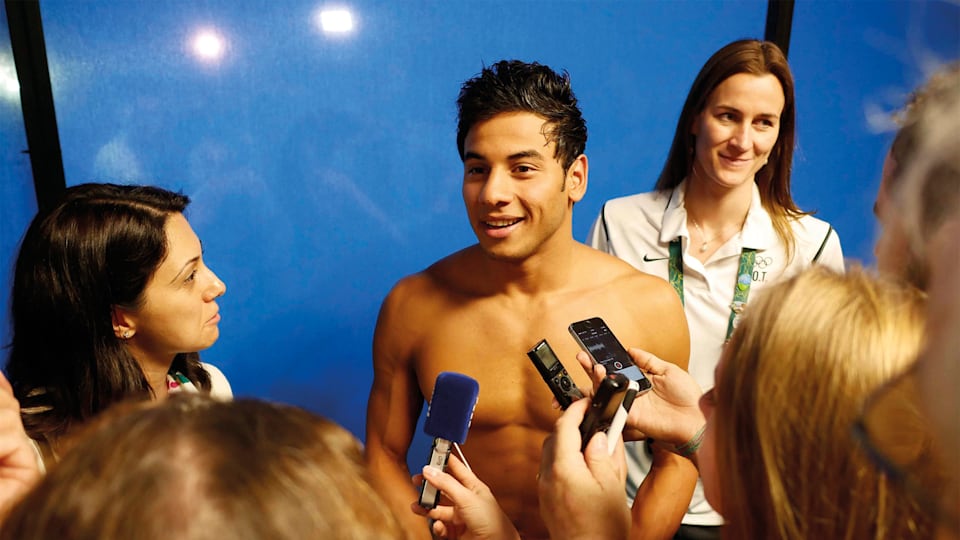How a refugee contributes to society
Whether it is as a doctor, athlete, teacher or friend, refugees’ contributions to society are many – if they are given the opportunity to do so.

For World Refugee Day in 2020, the UNHCR – the United Nations’ Refugee Agency – highlighted the diversity of the refugee experience and the lives refugees lead on a daily basis, including their contributions to society.
A Venezuelan asylum seeker in Peru, working as a doctor.
A Syrian refugee in Switzerland, helping others in the challenging time of COVID-19.
At the Olympic Games Rio 2016, the first-ever IOC Refugee Olympic Team was a platform to show how sport can be a tool and platform for refugees, but also that sporting excellence is something refugees can participate in, as well – another way in which refugees can contribute to greater society.
'We have a lot things we want to do'
Rami Anis, a Syrian refugee, was a member of that team in Rio.
He said of the refugee experience: “We have dreams, we have a lot of things we want to do. We are human. ... [And] I was very proud to represent more than 65 million refugees around the world.”
As International Olympic Committee President Thomas Bach writes: “The refugee athletes ... show the world that despite the unimaginable tragedies that they have faced, anyone can contribute to society through their talents, skills and the strength of the human spirit.
Sport included, research has shown that the more refugees are welcomed to participate in work, health, education and other parts of society, the more they are able to contribute with productive lives in their host countries.
Refugee athletes thriving in society
Aside from Anis, other refugee athletes have shone just what a second or new chance can give to someone – and how they can in turn be able to give back.
Weightlifter Cyrille Fagat Tchatchet II is an IOC Refugee Athlete Scholarship holder. He became a nurse in the U.K. for the National Health Service.
His motto in life? “Plan and work hard to achieve your objectives.”
Syrian-born road cyclist Ahmad Badreddin Wais is another scholarship holder and now works part-time at a sport shop in Bern, Switzerland, having learned to speak fluent Swiss German.
Additionally, scholarship holders Wael Shueb (karate) and Habtom Amaniel (running) work as a personal coach and building painter, respectively, fitting in work amidst their daily training.
